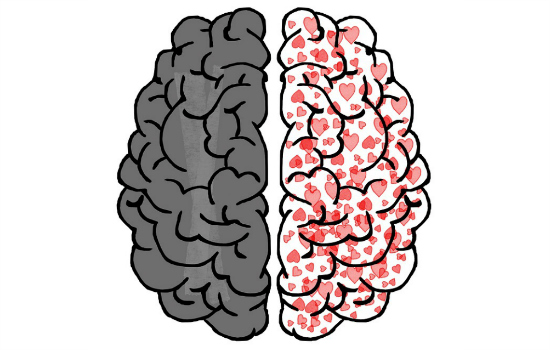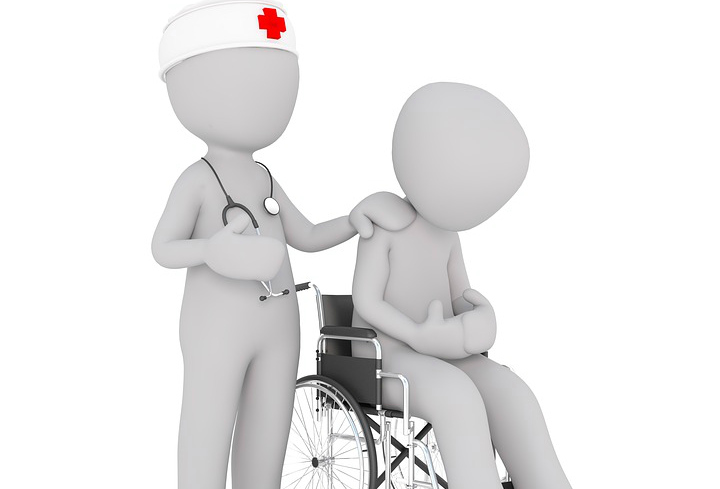
Making your relationships more fulfilling for you as well as for the important people in your life is easier than you might think. Most of us simply forget what makes a good relationship, yet we know what it feels like when one of our relationships isn’t going well. Often, improving any aspect of your life is a matter of being reminded what the tried and true behaviors are that create happy relationships. Here are six easy-to-remember and even easier-to-do steps you can take right now to improve your friendships, family dynamics and even interactions with co-workers:
1. Respect Everyone
Respecting someone means to literally accept them for who they are and how they choose to think, feel and live. We cannot change others, and it is futile and even presumptuous of us to try. By accepting others and meeting them in a respectful way, we save ourselves needless frustration. No one wants to be told who to be or how to live; and the sooner you apply this principal, the sooner you improve your relationships.
2. Practice Kindness
Kindness is one of the most attractive qualities in anyone. Even more attractive is when a person thinks and feels that all others are worthy of their consideration and kindness and treats others with mutuality and compassion. People notice kindness and know when someone is caring. This is easy to do if you treat other people the way you would treat anyone you truly care about.
3. Be Happy For Others
In the highly competitive, often dog-eat-dog environments many of us work and live in, we can develop an attitude that if “we don’t have ours” than “no one else should have his.” This is an unhealthy and unsuccessful attitude that doesn’t allow us to celebrate for others and invite them into celebrating for us when we have success or an achievement. Good wishes toward others result in good wishes for us.
4. Release Resentments
When we hold onto anger or resentment toward others, we end up doing more harm to ourselves than to them. Anger and resentment make us sick and chains us to the events or circumstances that hurt us. This does not allow us to move on in life, and it lessens the love and kindness we can be experiencing and sharing with others. It leaves us in turmoil about something in the past.
5. Do The Small Things
Think back to your most tender and memorable moments with the important people in your life. You will probably find that those moments were filled not with expensive, larger-than-life gifts, events or experiences, but rather with small, meaningful gifts, gestures and shared experiences. While you cannot do special things for everyone in your life, the people who are most important will really appreciate it if you show them how important they are to you with the small things that mean so much.
6. Follow the Golden Rule
There is a saying that we should never expect others to give us what we are not willing to give to them. The Golden Rule is a simple one: Give to others what you want the most for yourself. If you want to be loved, love others. If you want success, than provide service or value for others. This is an easy and simple rule and best of all, it works.
For more whole health discussions like this, listen to my weekly radio show Living Above The Drama available on iHeartRadio.









